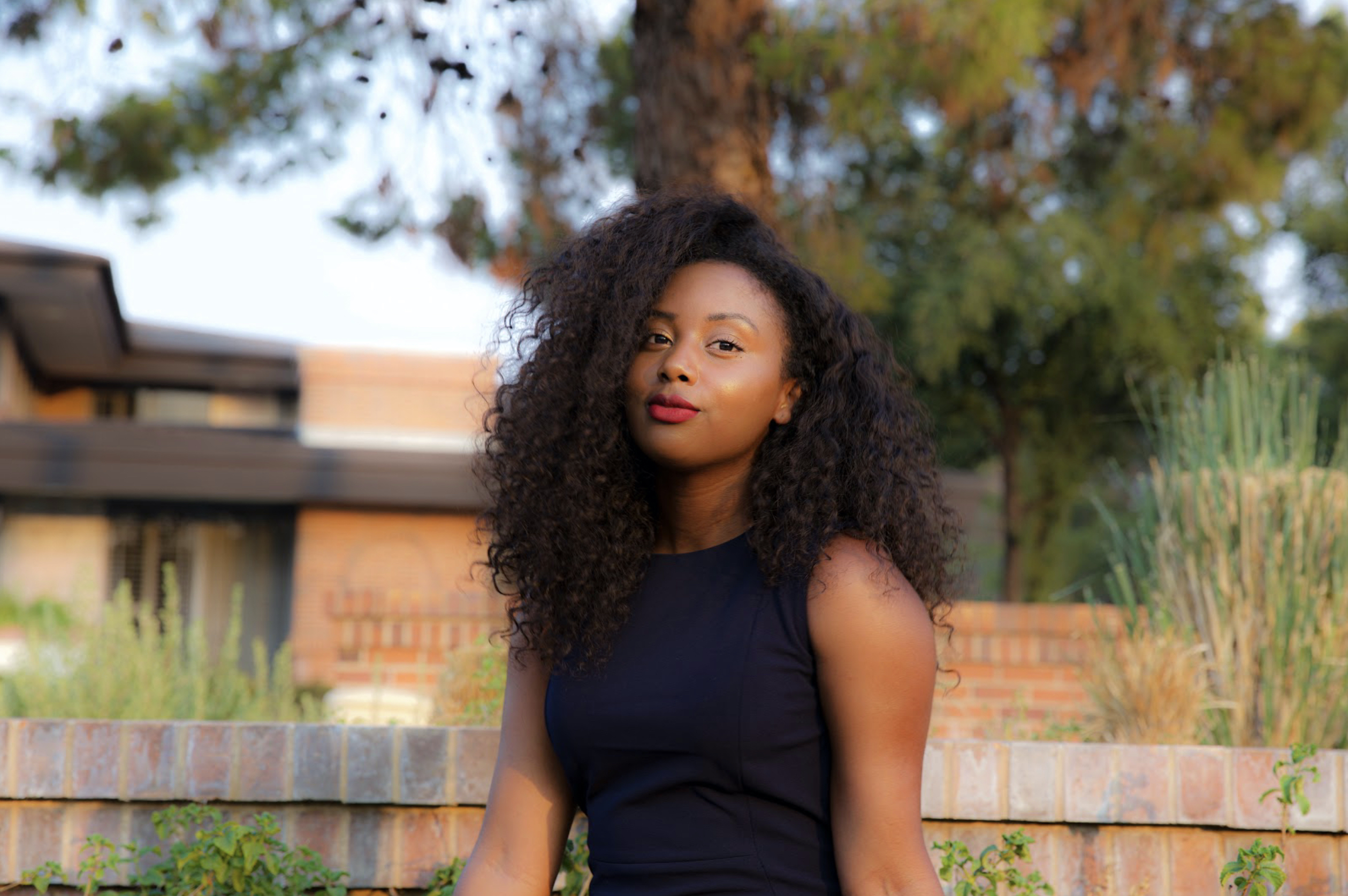Wardsworth and your word’s worth
A stroke of genius on a trip abroad drew Los Angeles native Rosaura Wardsworth to mass communications. She sought out one of the best journalism schools in the country and is now a Cronkite graduate from the Arizona State University Masters of Mass Communications program.
As a black journalist, especially in the current political climate, some feel pressured to dissociate their own experiences from their reporting. Wardsworth was relieved to find mentors at Cronkite who reject this version of journalism.

Rosaura Wardsworth shares her words of wisdom for hopeful black journalists.
Gracefully crossing the stage from her college years to her career, Wardsworth charges students “to not give up and to not be afraid to fight for what you believe in.”
While simultaneously being the representation she wishes to see, Wardsworth gained experience in television reporting at Cronkite News, radio reporting at Blaze Radio and fashion journalism at Cronkite’s club, The Cut.
“Your voice matters, and you deserve to be heard and well-represented,” she said.
Wardsworth shared some of her reflections and advice as she finished up her time at ASU.
Question: What was your “aha” moment, when you realized you wanted to study the field you majored in?
Answer: My “aha” moment was when I studied abroad in Spain during undergrad. I was able to create a platform for students of color who were abroad to share their experiences and tips for future travelers. This ignited my passion to pursue a career in communication.
Q: What’s something you learned while at ASU — in the classroom or otherwise — that surprised you, that changed your perspective?
A: While in Cronkite News, I was able to work with Julio Cisneros and tell health stories about my community. Before working with him, I was taught to remove all emotion and connection from my work, but he taught me how to weave in the human element of the story.
Q: Why did you choose ASU?
A: I chose ASU because it was one of the top journalism schools in the country. The amount of scholarships that they were able to give me also helped me monumentally during my time at ASU.
Q: Which professor taught you the most important lesson while at ASU?
A: It’s easy to feel alone as a black journalist, but my grad project advisor, Venita Hawthorne, taught me the importance of sharing my story and not giving up.
Q: What’s the best piece of advice you’d give to those still in school?
A: My biggest advice to students is to not give up and to not be afraid to fight for what you believe in.
Q: What was your favorite spot on campus, whether for studying, meeting friends or just thinking about life?
A: My favorite study spot on campus was the sixth floor editing bays [at the Cronkite building], specifically the corner door with a lock. This was the perfect place to lock yourself away and get all of your editing done without any interruptions.
Q: If someone gave you $40 million to solve one problem on our planet, what would you tackle?
A: I would tackle the mass incarceration of black people.